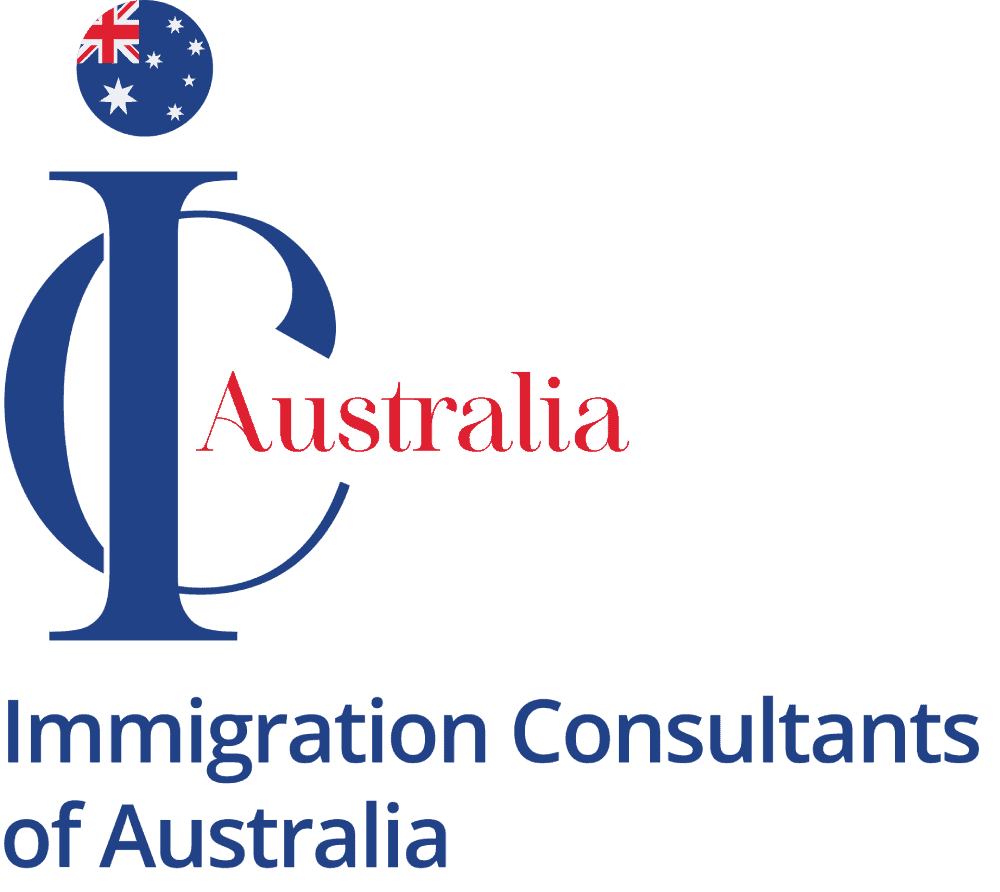The Evolution of Remote Work in Australia
The remote work policies in Australian companies have significantly evolved in 2025, shaping how businesses operate and how employees navigate their careers. With the increasing demand for flexible work arrangements, many Australian employers have redefined their policies to balance productivity, employee well-being, and operational efficiency.
In this guide, we’ll analyze flexible work arrangements, compare remote work policies across major industries, and explore how Australia’s work visa regulations impact international workers. Whether you’re a job seeker looking for the best place to work in Australia or an employer refining your policies, this article provides essential insights into the evolving workplace landscape.
The Shift Towards Hybrid Work Models
Many top Australian employers have adopted hybrid work models, requiring employees to spend part of their week in the office. For example:
- Woolworths has mandated that office-based employees work on-site at least three days a week by October 2025.
- Coles has implemented a hybrid model, requiring workers to be in the office on specific days.
- Flight Centre and Dell Australia have significantly reduced work-from-home (WFH) policies, pushing employees back to the office full-time (source).
While some businesses argue that in-person collaboration enhances productivity, others continue to embrace remote work as a long-term solution.
Industry-Specific Remote Work Trends
Different industries in Australia approach remote work policies differently:
- Technology & IT: Companies like Atlassian continue to support remote work, allowing employees to work from anywhere within Australia or in select countries.
- Finance & Banking: Many banks, such as Commonwealth Bank and Westpac, require employees to work in-office at least 2–3 days per week.
- Retail & Hospitality: Businesses in this sector, including Woolworths and Coles, have strict hybrid policies to ensure customer service efficiency.
- Healthcare & Education: Remote work is limited, with essential workers required to be on-site.
Understanding these industry-specific trends is crucial for job seekers looking for flexibility in their careers.
Which Australian Cities Offer the Best Remote Work Opportunities?
If you’re looking for the best place to work in Australia with remote flexibility, consider these cities:
- Sydney – Best for corporate jobs, IT, and finance industries.
- Melbourne – Offers strong job opportunities in creative fields and startups.
- Brisbane – Known for a lower cost of living and growing remote work opportunities.
- Adelaide & Perth – Suitable for those seeking a balanced lifestyle with fewer in-office requirements.
For those searching for the easiest city to get a job in Australia, Sydney and Melbourne remain the top choices due to high job availability.
Australia Work Visa & Remote Work Considerations
International professionals looking to work remotely in Australia must consider visa options that align with their employment plans. Here are key visa pathways for remote workers:
- Temporary Skill Shortage Visa (Subclass 482): Allows employers to sponsor skilled workers when a suitable Australian candidate is unavailable.
- Skilled Independent Visa (Subclass 189): A points-tested visa for skilled workers who do not require employer sponsorship.
- Global Talent Visa (Subclass 858): For high-skilled professionals in emerging industries, including IT and fintech.
- Working Holiday Visa (Subclass 417/462): Allows young professionals to work in Australia for up to 12 months.
Since many Australian companies require in-office work, international job seekers should check employer policies before applying for roles. If you’re wondering which city is best for work in Australia, the answer depends on industry demand and visa requirements.
The Future of Remote Work in Australia
Despite the shift towards hybrid work, flexibility remains a key factor for employee satisfaction and retention. Companies that invest in remote-friendly tools and work-life balance initiatives are expected to attract top talent. Additionally, the Australian government continues to assess work visa regulations to accommodate skilled international professionals in remote-friendly industries.
Conclusion
The future of remote work policies in Australian companies is dynamic, with businesses balancing in-office collaboration and employee flexibility. Whether you’re a job seeker or an employer, staying informed about work trends, visa options, and best cities for employment is crucial for career success in Australia.
For expert guidance on securing a work visa for Australia, visit IC Australia and explore your options today!


